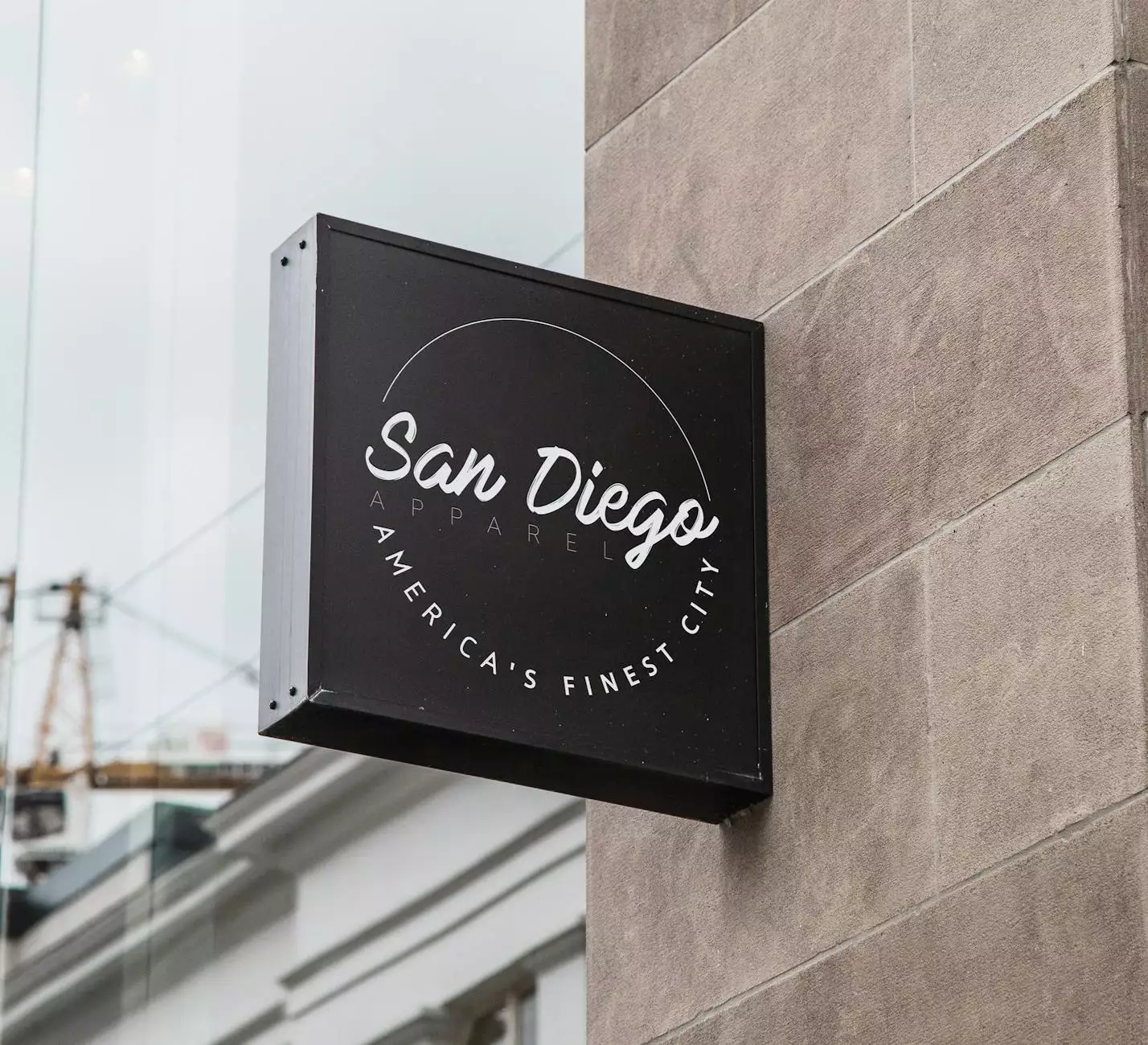Unlocking Business Success: The Ultimate Guide to Thriving in Home & Garden, Furniture Stores, and Home Decor Markets

In the ever-evolving landscape of retail and commerce, establishing and maintaining a successful presence within the Home & Garden, Furniture Stores, and Home Decor sectors is more vital than ever. These markets are characterized by rapid trends, high consumer demand, and a continuously expanding demographic of homeowners, interior decorators, and design aficionados. This comprehensive guide aims to deliver profound insights, effective strategies, and key opportunities to elevate your business endeavors in these vibrant industries.
Understanding the Business Landscape in Home & Garden, Furniture, and Home Decor Markets
Before diving into strategic growth, it’s crucial to grasp the current market landscape. The Home & Garden sector encompasses a broad spectrum of products including gardening tools, outdoor furniture, landscaping supplies, and home improvement accessories. The Furniture Stores niche primarily focuses on indoor and outdoor furniture, from luxurious sofas to practical bedroom sets. Meanwhile, the Home Decor segment emphasizes aesthetic enhancements—rugs, wall art, lighting fixtures, decorative accessories, and more.
These sectors are driven by several key factors:
- Changing Consumer Preferences: Modern consumers increasingly prioritize personalized, sustainable, and innovative designs.
- Technological Advancements: E-commerce platforms and virtual reality help customers visualize products in their homes before purchase.
- Economic Factors: Stable economies and rising disposable incomes boost spending on home improvement and decor.
- Environmental Concerns: Growing demand for eco-friendly and ethically sourced products influences supply chains and manufacturing processes.
Strategic Opportunities for Business Growth in These Key Sectors
1. Embracing E-Commerce for Market Expansion
The digital shift has transformed shopping behaviors significantly, especially in industries like Home & Garden, Furniture Stores, and Home Decor. Developing a robust e-commerce platform allows businesses to reach a wider audience beyond physical storefront limitations. Optimizing your online presence by integrating user-friendly navigation, high-quality imagery, and seamless checkout processes can dramatically improve sales outcomes.
Additionally, leveraging virtual reality (VR) and augmented reality (AR) technologies enables consumers to visualize products within their own spaces, increasing engagement and reducing purchase hesitation. For example, offering a virtual room planner or furniture placement tools can significantly enhance customer confidence.
2. Curating Unique and Trend-Responsive Inventory
Staying ahead in these dynamic markets requires a keen eye for emerging trends and exclusive product offerings. Regularly updating your inventory with innovative, trendy, and sustainable items positions your business as a market leader. Collaborate with artisans, designers, and eco-conscious manufacturers to source unique products that appeal to discerning customers.
3. Enhancing Customer Experience and Personalized Service
Providing exceptional customer service—both online and offline—creates brand loyalty and encourages repeat business. Personalization options such as custom furniture, bespoke decorative pieces, and tailored advice foster a sense of exclusivity. Incorporate services like interior design consultations, DIY workshops, and live chat support to build meaningful customer relationships.
4. Utilizing Data Analytics for Informed Decision-Making
Harness the power of data analytics to understand customer preferences, trending products, and sales patterns. This information enables strategic inventory management, targeted marketing campaigns, and personalized recommendations, all of which enhance conversion rates and customer satisfaction.
Key Strategies to Outperform Competitors in the Market
Optimized Search Engine Strategy: Dominating Keywords and Content
An effective SEO strategy is vital to outranking competitors. Focus on creating high-quality, keyword-rich content that aligns with searches like "it consulting companies for sale" combined with your core sectors—though the latter is more relevant to tech consulting, aligning similar terms can boost overall visibility of your business portfolio. Regularly update blog posts, product pages, and category descriptions with relevant keywords and insightful information. Use schema markup for products, reviews, and local business details to enhance search result listings.
Content-rich and Long-form Articles to Establish Authority
Providing in-depth, comprehensive articles – like this one – not only improves SEO but also positions your brand as an authority in the Home & Garden, Furniture, and Decor niches. Cover topics such as material durability, design trends, eco-friendly sourcing, and customer success stories. Constantly update your blog with industry news, DIY guides, and expert interviews to keep visitors engaged and returning for more.
Leverage Social Proof and User Engagement
Customer reviews, testimonials, and case studies foster trust and credibility. Encourage satisfied clients to share their experiences through reviews and social media. Incorporate user-generated content to showcase real-life transformations, demonstrating your expertise and reliability.
The Role of Innovation and Sustainability in Business Growth
1. Incorporating Sustainable Practices
Consumers are increasingly conscious of environmental impacts. Offering sustainably sourced products, implementing environmentally friendly manufacturing processes, and promoting recycling initiatives can differentiate your brand. Transparency about your supply chain and sustainability commitments appeals to eco-aware buyers.
2. Integrating Smart Technologies
Smart home products, IoT-enabled furniture, and energy-efficient solutions are gaining popularity. Incorporate these technologies into your product lines to attract modern consumers seeking convenience, safety, and efficiency.
How to Prepare Your Business for Long-Term Success
- Diversify Your Offerings: Expand product categories as trends evolve, ensuring your inventory remains relevant.
- Invest in Staff Training: Equip your team with knowledge about new products, customer service skills, and industry trends.
- Build Strategic Partnerships: Collaborate with local artisans, logistics providers, and technology companies to enhance your supply chain and service delivery.
- Focus on Digital Marketing: Implement targeted advertising, email marketing, and social media campaigns for brand awareness and lead generation.
Conclusion: Positioning Your Business for Sustainable Growth
Success in the Home & Garden, Furniture Stores, and Home Decor industries hinges on strategic adaptability, innovative marketing, and unwavering commitment to quality and customer satisfaction. Whether you are a new entrant or an established player, embracing digital transformation, prioritizing sustainability, and delivering personalized experiences are the keys to long-term prosperity.
Additionally, understanding the online landscape—such as "it consulting companies for sale"—can provide opportunities to diversify business models or incorporate technological solutions to streamline operations. Always stay informed about market trends and be prepared to pivot your strategies accordingly.
By adopting these tactics and maintaining a customer-centric approach, your business can build a resilient brand that stands out in competitive markets, achieves growth, and ultimately, secures a leading position in the industry.









